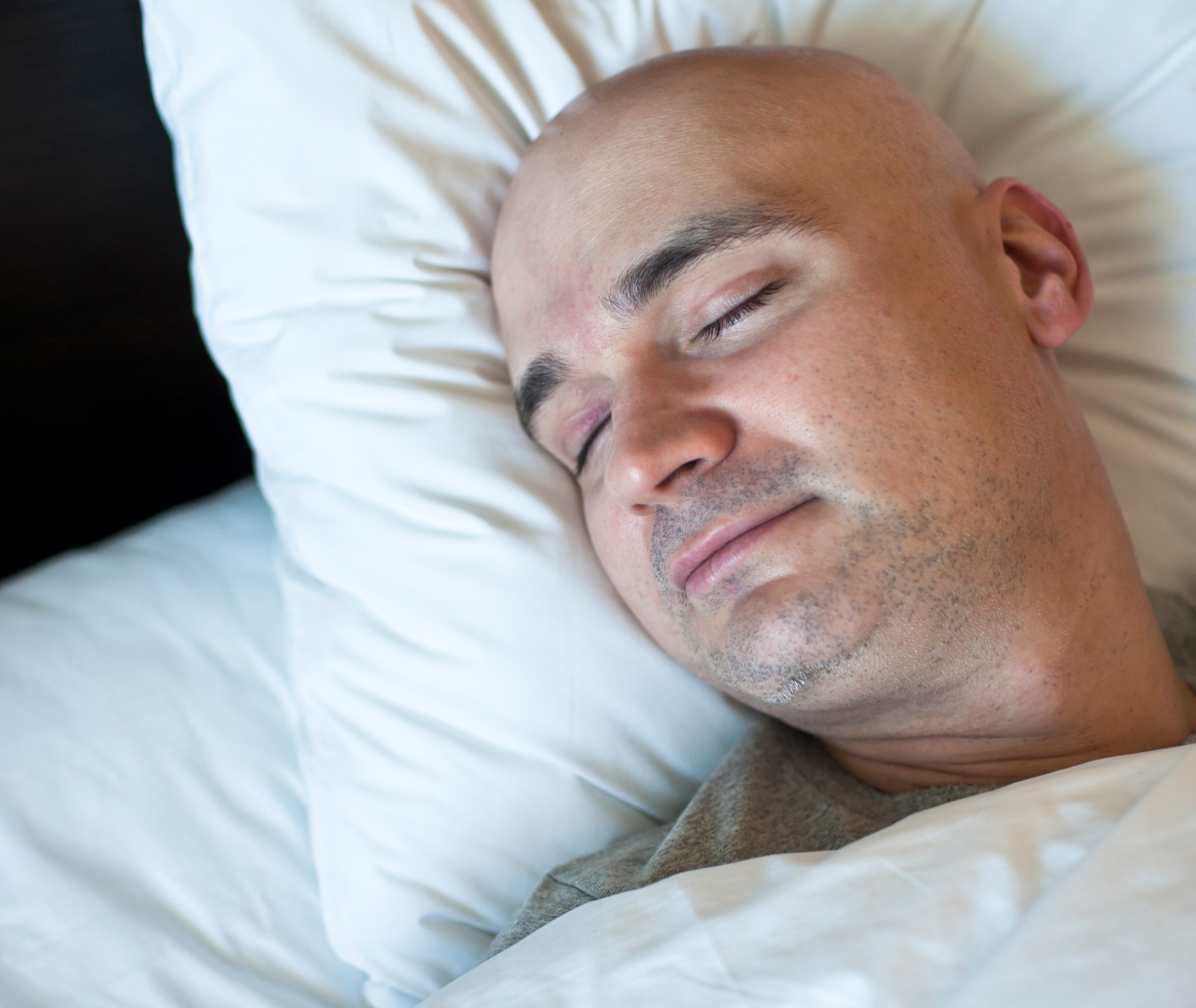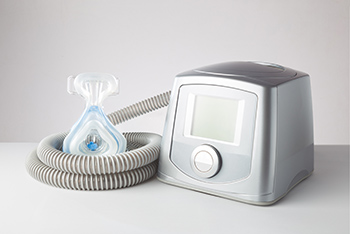
Your heart and lungs have a close working relationship and problems with one can cause problems for the other. Many times, if a patient has sleep apnea, they also have high blood pressure. Each condition is a risk factor for the other.
Hypertension, or high blood pressure, is a condition in which the force of blood pumping against your arterial walls is too high, which means your heart is having to work harder than it should.
There are two forms of sleep apnea:
CSA is not as common as OSA. If you have OSA, your airway becomes blocked while you sleep, causing you to snore and waking you up throughout the night. People who have OSA are at a higher risk of developing hypertension than the general population and those with hypertension are more likely to develop OSA than those who do not.
In fact, research shows that approximately 50% of people who have OSA also have high blood pressure, and 30% of people who have high blood pressure also have OSA.
Sleep apnea increases blood pressure in several ways. When you stop breathing, your oxygen level drops and carbon dioxide increases. This can have an impact on how well your heart pumps blood to the tissues in your body. Another way is due to the lack of sleep. Experts have linked lack of sleep to increased blood pressure. OSA also causes other issues that could contribute to hypertension:
For mild cases of OSA, lifestyle changes may be appropriate:
If these don’t work, clinical therapies may be more appropriate.
CPAP, or continuous positive airway pressure, can reduce the number of respiratory events you have throughout the night. In this treatment, continuous/constant air is supplied to you through a mask connected to a machine. The pressure of the air is slightly higher than the surrounding air, which keeps your airway open. While this is the most popular method for treating sleep apnea, some people find the mask uncomfortable and the machine loud. However, some of the newer machines are quieter and you can find a variety of masks designed for personal comfort.
If you have mild OSA or cannot use a CPAP machine for your OSA, a mouthpiece may be appropriate. In this treatment, you will place a device in your mouth while you sleep that will hold your jaw and/or tongue in a different position, holding your airway open.
If none of these treatments work, surgery may be the best option. There are several surgical options available for OSA:

If you qualify as an at-home testing candidate, a kit will be sent to your home, and you will do the test yourself over the course of 1 to 3 nights. This test is much easier because you’re able to sleep like you normally would in your own bed. Once the test is complete, your results will be reviewed, and your physician will discuss your diagnosis and treatment options.
Untreated sleep apnea can lead to a variety of health complications, including hypertension, heart problems, type 2 diabetes, reduced brain function, liver problems, and more.
If you are experiencing any of the following signs and symptoms, it’s important to schedule your consultation with Quality Sleep Solutions as soon as possible:
Our office staff will work with your insurance provider to determine coverage for the treatment of sleep problems. We have 5 convenient locations across South Carolina to serve you.
Get Answers